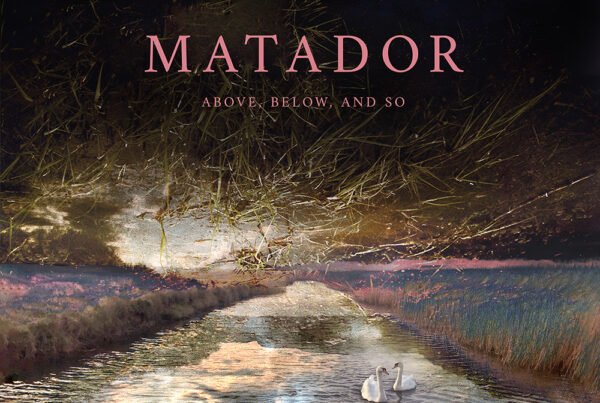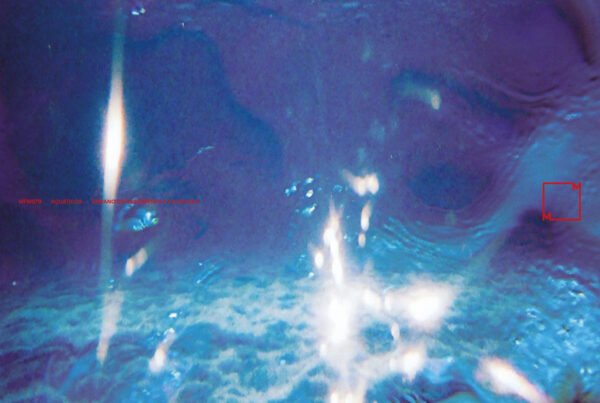Ice: An apotheotic expression of beauty and elegance.
Release date: July 20, 2024 | Virgin Babylon Records | Bandcamp | Facebook
I like to throw around ‘otherworldly’ a lot when I refer to music, which tends to defy most of the words that come quickly and easily to mind. I know other people like to do this as well. Of course, this sort of action can inadvertently devalue a word, or even change its meaning over time. Anyway, this isn’t a linguistics essay, what I wanted with this, was to preface that this time around, otherworldly is the word which at its core can perfectly epitomize the sonic action of Kashiwa Daisuke‘s Ice. It’s not for a lack of other descriptive words though, either. Ice really feels like it was plucked, bit by bit, from a realm that is not one with ours.
I’d be hard pressed to tell you exactly what it is and I could spend hours on end, deconstructing each song, sound by sound, to try and illustrate this point – and ultimately fail. On the other end, I can’t just lazily chalk it up to something like ‘Yeah, it passed the vibe check.’ Each song is crafted like a massive building, gentle and innocuous in its outside finish, yet with a stalwart backbone, adorned with lush and cursive ornaments – the melodies. The feelings that ooze when exposed to these marvelous aural monuments, make me think of something I could describe simultaneously as hearkening to an ancient future or a timeless present. Something that transcends our limited perceptions, conjuring an undistorted existence where everything is synergistically interconnected, ubiquitously. It’s slightly strange how something so alien, something which seems like it almost strives to defy quantification, feels so comforting and familiar.
After hearing Ice, I needed to dive properly into Kashiwa’s repertoire, to try to get some sense of perspective. It’s hard to say where Ice stands compared to the rest of his material, since I think all of his records are amazing in their own special way. What I can say however, is that I love the slight nod in the general direction of World’s End Girlfriend. Of course, as difficult as it is to break down the contents of the music at an emotive level, it is similarly difficult to do so stylistically. To keep it simple, I’d say, at least in the case of Ice, that it’s modern classical, with vague progressive sensibilities, with electronica and ambient sprinkled on top, served with a cinematic flair. If you think the mix sounds good on paper, you will be absolutely blown away by the way it’s executed.
Obviously, Ice is the type of record you should listen to as a whole, rather than a disjointed collection of songs, to be consumed in an unrelated fashion. Even as a one continuous stream type of album, each song retains a curiously strong identity, making either fairly recognizable. I also know for sure that even if I’ll eventually get tired of the rest of the record, I’ll be coming back to “EBV” a lot. I want to call it a pocket symphony, but that’s probably undercutting its breadth and delivery. It would be more appropriate to call it a slightly compressed, yet fully fledged symphony, showcased as a single monolithic piece. I could probably spend hours on end waxing poetic about all the thoughts and feelings this provokes and that’s something I can say about few entire albums, let alone songs.
Ice is the kind of album which is so densely packed with narrative force, that it doesn’t need any kind of support. It’s one of those rare cases where it transcends the physicality through which it emerged and it becomes an experience in itself. Living it, at its pace, allowing yourself to run wild, will also complete the apparently lacking visual complement of it all, topped off with the other sensory areas. I think that as it stands, no other words of praise are needed, not from me at least. I squirmed around nervously trying to muster the inspiration to give it what it deserves, until I remembered that I just need to hit play and let the fingers do their thing. In that same breath, I urge you to don’t overthink it and just go listen to Kashiwa Daisuke‘s latest masterpiece.







One Comment